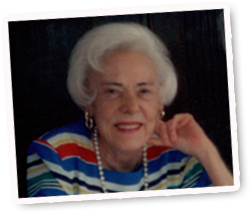
- Fellowship year:2019-2020
- University: University of Chicago
- Dissertation Topic/Category: Modern Europe/History of Science
- Dissertation Title: Metaphor and Metaphysic: The Materials of Henri Bergson's Philosophy, 1880-1903
From the mid-1900s to the interwar years, when he retired from public life, Henri Bergson was the most celebrated living philosopher in the world. In his native Paris and in London, New York, Birmingham, and Madrid, he drew teeming audiences with lectures informed by contemporary psychology and biology, spoken in an arrestingly clear and resonant language. This quality of expression was part of what brought him the Nobel Prize in Literature, in 1927, the only time this prize has been awarded to a philosopher of science.
This dissertation is about Bergson's thinking in the two decades prior to his international fame. It shows the making of his scientific philosophy in the fin-de-siècle world of French psychology and physiology. It describes the historical circumstances of Bergson's central preoccupation during these years: the mind-body problem. This timeless philosophical problem had a particular set of stakes, and thus a particular urgency, in France in the late nineteenth century. A set of changing social demands in education, new techniques and subjects in experimental physiology, and new pathologies in clinical medicine made a deterministic account of the nature of mind and body increasingly plausible and ominous. This dissertation shows, however, that these very circumstances also gave Bergson the resources for his novel and counterintuitive philosophical solutions. And it demonstrates that the historiographical resources for observing the way Bergson thought within a particular scientific world lie in the very quality by which his philosophy appeared so captivatingly otherworldly: his seemingly literary language. The dissertation shows how, through observing and reasoning in metaphor, Bergson transmuted the scientific experiences of his time into a philosophy about how to think, how to learn, how to remember, how to forget, and how to be free.
